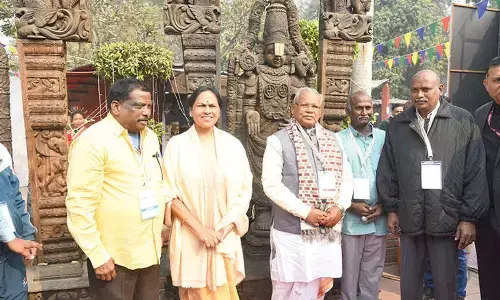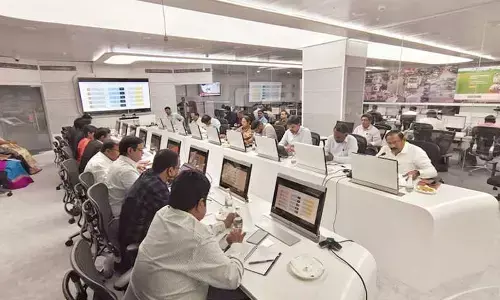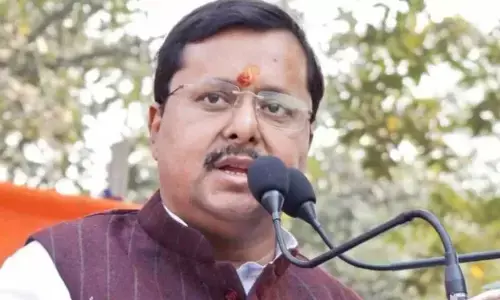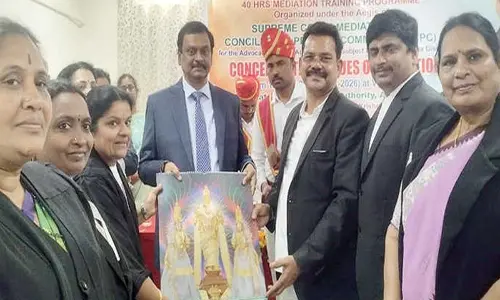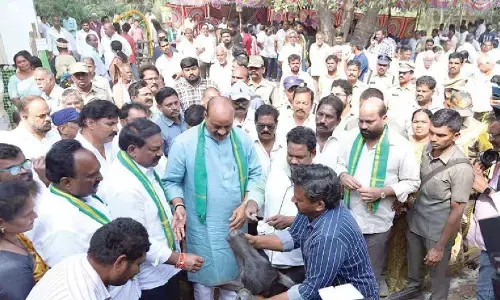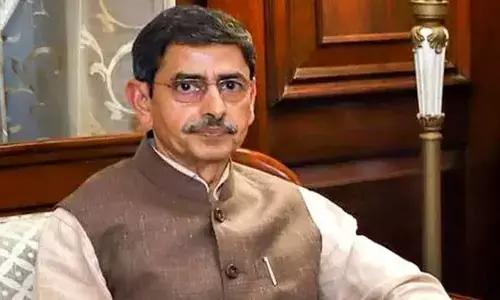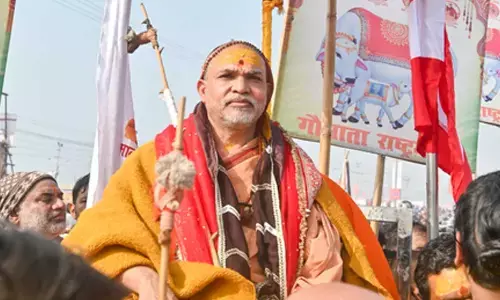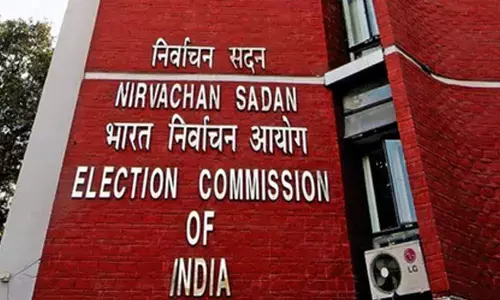Safety should be paramount for EV makers
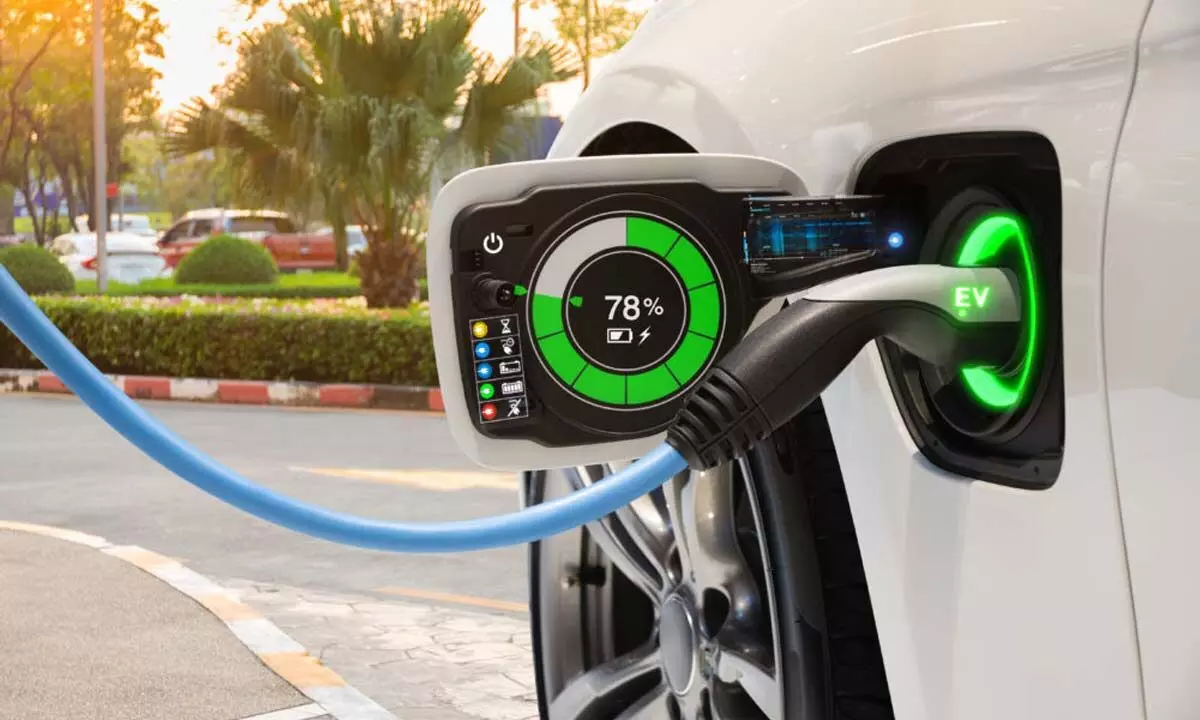
Safety should be paramount for EV makers
Electric vehicle (EV) is the future of global automotive industry. And India is no exception.
Electric vehicle (EV) is the future of global automotive industry. And India is no exception. In a very short span of time, EV adoption in the country has been very encouraging. The number of electric vehicles sold in FY22 stood at 4,19,812 as compared to 1,34,853 in FY21. According to consulting firm RBSA Advisors, India's electric vehicle (EV) market is expected to grow at a compounded annual growth rate (CAGR) of 90 per cent to reach $150 billion by 2030. Given the penetration rate of around 1.3 per cent of total vehicle sales in India, opportunities thrown are huge in this segment.
There are reasons for which EVs are the future of global mobility. Firstly, given the carbon footprint reduction targets of the nations, EVs contribute immensely in achieving these goals. Secondly, these are less expensive to operate, require less maintenance, and are better for the environment than their internal combustion engine equivalents (ICEs). Notably, India's shift to shared, electric and connected mobility could help the country save nearly one giga-tonne of carbon dioxide emissions by 2030, reports suggest. So, the rationale for this shift is very strong.
Against this backdrop, the Government of India has come up with a slew of incentives to promote EV adoption in the country. The ecosystem- be it manufacturing or development of accessories and supportive infrastructure- has been well-supported by the government. Manufacturing of hybrid and electric vehicles (FAME)-II scheme, as well as different tax breaks provided under state EV policies are the steps in the right direction. So, when the incentives are in place and a host of startups and large automotive players are investing heavily into this segment, catching of fire of electric two-wheelers can create growth bumps in India's ever-growing EV story. Therefore, all stakeholders have to work seamlessly to restrict repetition of such incidents.
Initial reports suggested that faulty battery seemed to be the cause behind such incidents which had led to death and injuries of people. Surprisingly, EV scooter makers didn't recall such vehicles despite the fire incidents. Rather, the government has to step in with direction for recalling of faulty vehicles. Such instances definitely have the potential of putting a question mark on the credibility of EV players. If the general perception of general public becomes negative, no branding initiatives or government incentives can help in recovering the trust. Therefore, it is essential that the industry becomes more responsible in approaching these incidents.
Moreover, EV space requires a robust manufacturing ecosystem. From battery to accessories to charging infrastructure, all elements should be in place to make it a success story. Vigorous back testing before actual rolling out of vehicles of all components is the basic requirement that automotive players have to conduct. There shouldn't be any hurry in rolling out a product which is half-baked or faulty in order to gain the first mover advantage. History shows that one or two product recalls can spoil the brand of the company very badly, which will take many years to recover. While India requires a strong EV ecosystem, the products should be safe, failing which the immense opportunities coming from this space will get spoiled.








